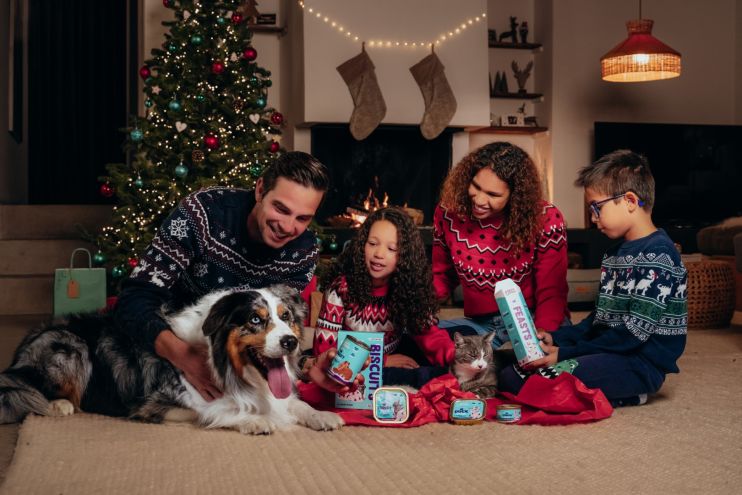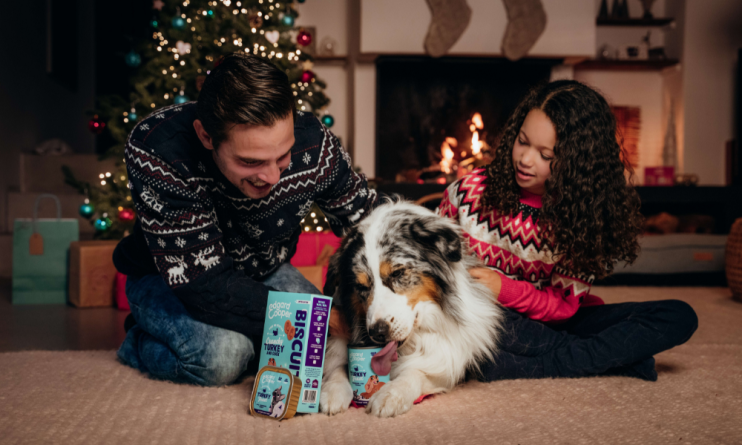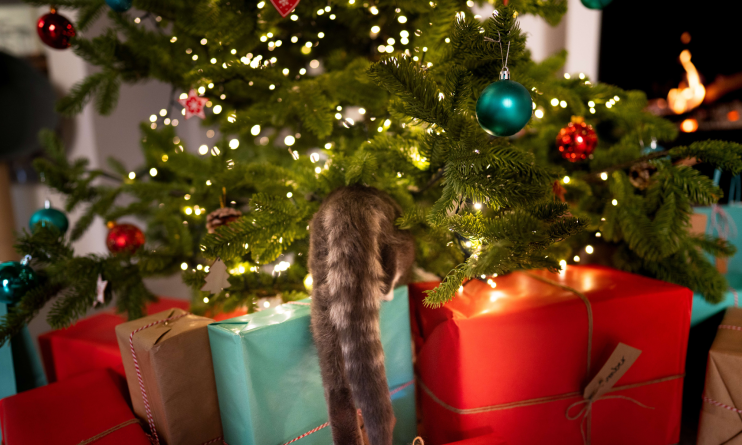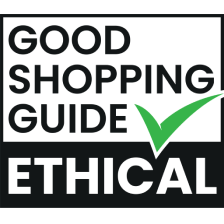A guide for choosing the right kitten

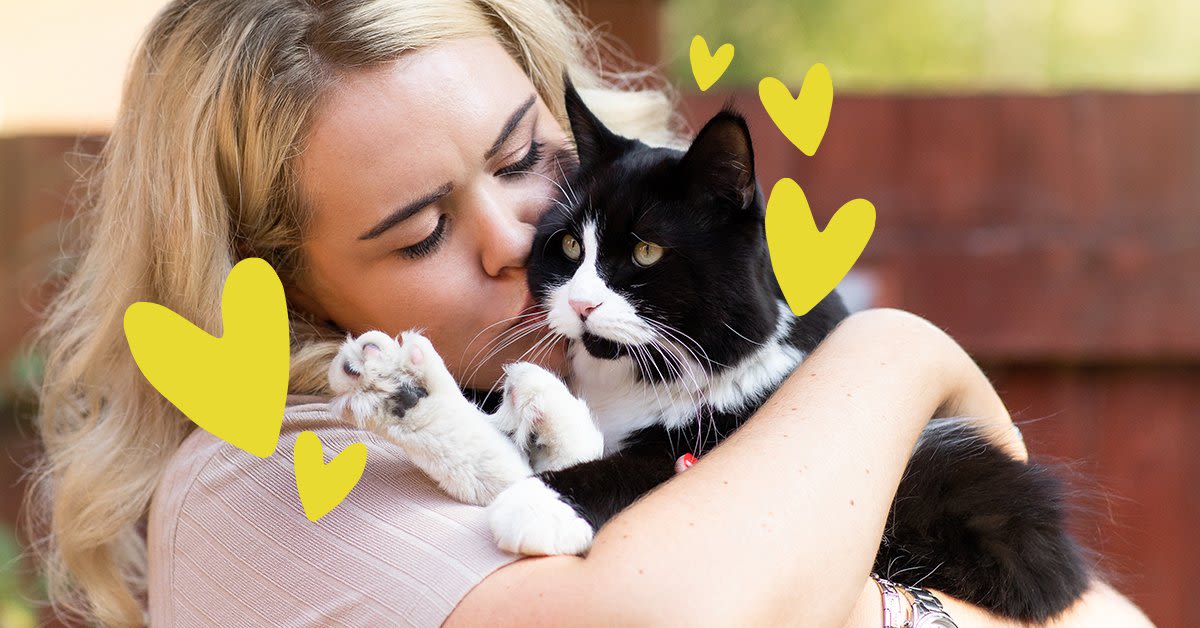
You have always known that you’re a cat person and now you’re finally ready to give your home a new lease of life. People usually make their decision based on the cat’s looks. But there is much more to it than that. What are you looking for in a cat? What expectations do you have as a future cat owner? The more you take these things into consideration, the greater the chance is that you’ll make the right decision.
Why it’s important to think about the right kitten
Think about all the cats you have come across in your life and how different their personalities were. Some are affectionate and sweet, some show fear and some are even aggressive. A cat’s personality takes shape depending on what they’ve been through in kittenhood. What were their parents like? How much attention did they receive from their mother? Where were they born and how quickly did they come into close contact with people? All these things have a profound effect on their personality. As a future cat owner, it’s important to understand how that personality is formed because you want that personality to match your expectations, needs and lifestyle. You may think you’re doing the right thing by choosing a scared kitten and giving it lots of love. However, all you’re doing is creating a long and disappointing relationship as the kitten ends up in a household with many fearful challenges. Are you looking for an outdoor cat where you can appreciate their needs - give them the freedom to hunt and feed them at a distance they feel comfortable with? There are less human-oriented cats that will be very happy living this kind of life. As you realise, choosing a kitten is something you do with your heart and your mind. That’s why we advise you to have a conversation with the breeder over the telephone first. This will make sure you learn about the background of the kitten and the breeder. If you’re not satisfied with the answers, you can look for another breeder (and save yourself some travelling time).
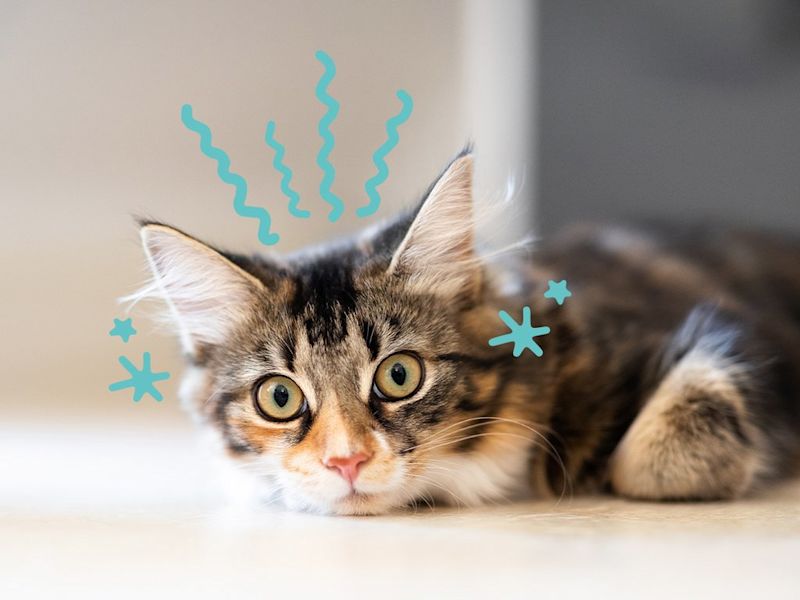
Questions to ask the breeder
When was the kitten born? Kittens should stay with their mother until they are 12 weeks old.
What has the kitten experienced in their first 12 weeks? The first 12 weeks are essential for the kitten to build its character. Ideally, the kitten should be familar with everything that has to do with human life: people, sounds, smells, visitors, children etc. But this can also be the other way around. Some kittens are not exposed to daily life, which can lead to an insecure and anxious kitten. So a question worth asking ;-)
Is the mother present with the kitten? Kittens learn everything they need to know for a secure and happy life, so having contact with the mother and littermates is essential. That’s why the mother should always live in the breeder's house and be close to the kitten.
What personality does the mother cat have? Just like with people, the temperament of a kitten can be partly influenced by its genes. An interactive mother passes on interactive genes to her kittens, as well as friendliness and being relaxed. For example, pedigree cat breeders who control the mating of their cats can breed friendly cats. So if you decide to visit, you should have the possibility to see other kittens as well.
Can I see the kitten's papers? If you want a pedigree cat, pay close attention to the papers the breeder gives you. Make sure you get both the pedigree and vaccination report as they are obligatory. With a pedigree you have proof that the registered parents have been tested negative for hereditary diseases. If you don’t have a pedigree cat, ask whether the kittens have been vaccinated and dewormed. Make sure you see the vaccination certificates.
Are there any pedigree cats with a tendancy to a certain character trait? Some breeds represent certain behaviour traits. Ragdolls for example are known for their quiet character. They are very affectionate and almost never aggressive, while Siamese cats are quite demanding in terms of attention. So think carefully about this.
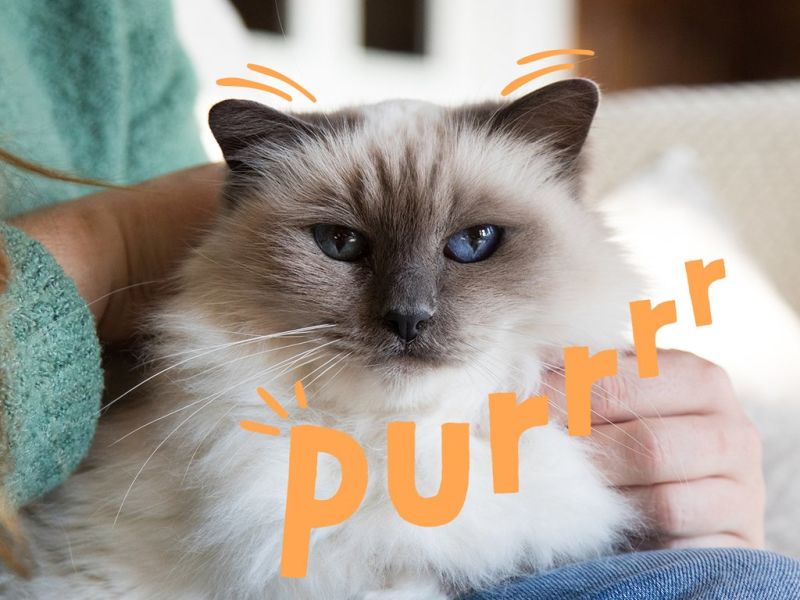
Meeting the kitty
It's time to meet the kitten, exciting! The visit is your opportunity to see if you and the kitten are a match. Ask the breeder questions about the character and how the kitten gets along with other cats and people. To find out for yourself how the kitten reacts, sit on the floor and hold out your arm to get their attention. You’ll soon find out if the kitten is affectionate, whether or not they like their head rubbed or if they like to sit on your lap. Don’t force anything. If they’re scared or timid, you’ll have to approach them in a calmer way and at their own pace. So pay attention to the personality and judge how they’ll fit into your family. Is the kitten a real cuddler? If so, be prepared to give it plenty of cuddles. When you’re visiting the kitten, it’s the perfect moment to check for signs of bad health. Be extra attentive to runny eyes and nose, dirty ears or a bad coat condition. Ask for the health history, and if possible, ask to see the mother cat to check their health too.
Be prepared not to accept it
Of course you assume that you’ll find your new housemate, but don't choose a kitten because you feel sorry for it or because you want to save it. The kitten may suffer from health and behavioural problems, which will cause you a lot of stress and grief. It also encourages bad breeding practices. So be critical and prepare yourself not to accept it. Sooner or later, you will find the companion that you can share a long and happy life with.
About Edgard & Cooper

Joyful pet food
Eating is one of life’s simple joys, so why overcomplicate things? Unlike most other pet foods, we treat nature’s ingredients with respect and make food that’s naturally healthy and full of flavour.
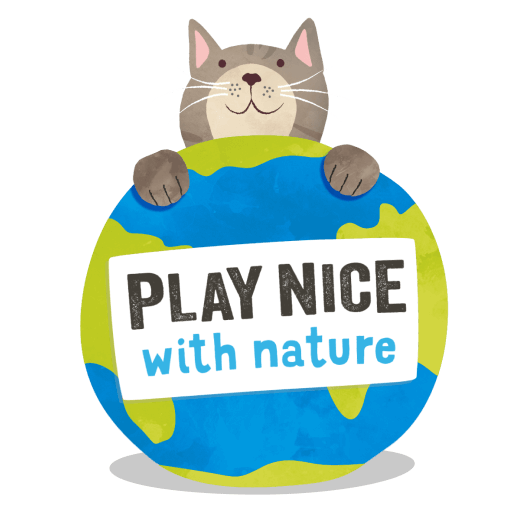
Play nice with nature
We’re on a mission to become the world’s most sustainable pet food. We love nature, so we pledge to make real, lasting change through our targets of zero carbon, fully sustainable packaging and ethically sourced ingredients.

Friends stick together
We donate 1% of our sales to the Edgard & Cooper Foundation, which works with charities that improve the lives of cats and dogs today, while protecting them tomorrow.
